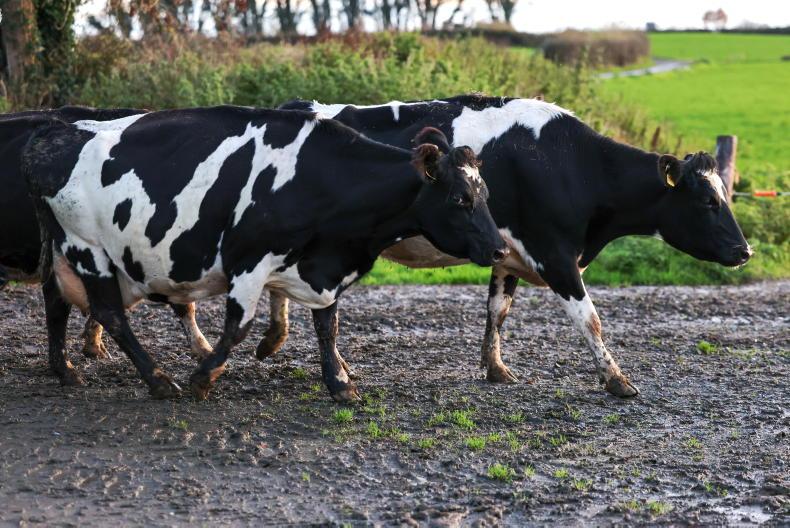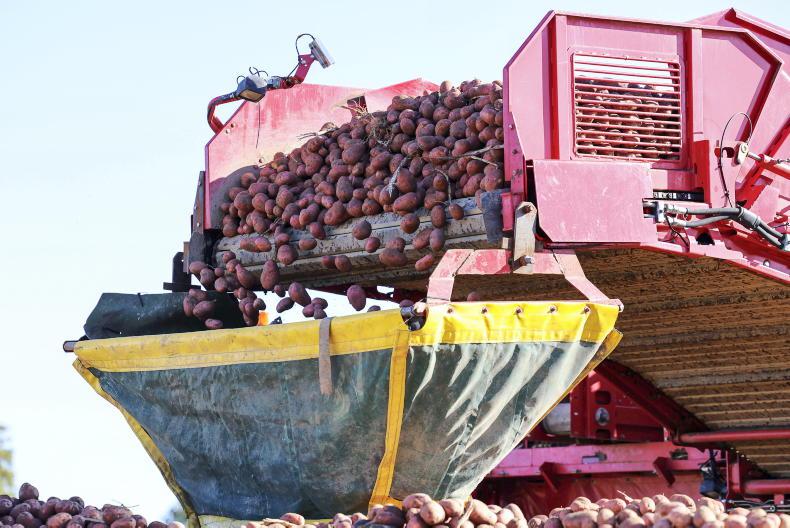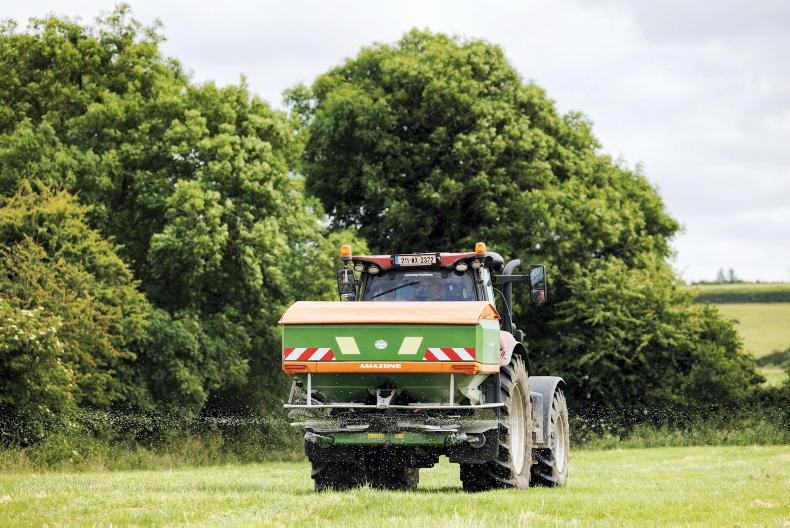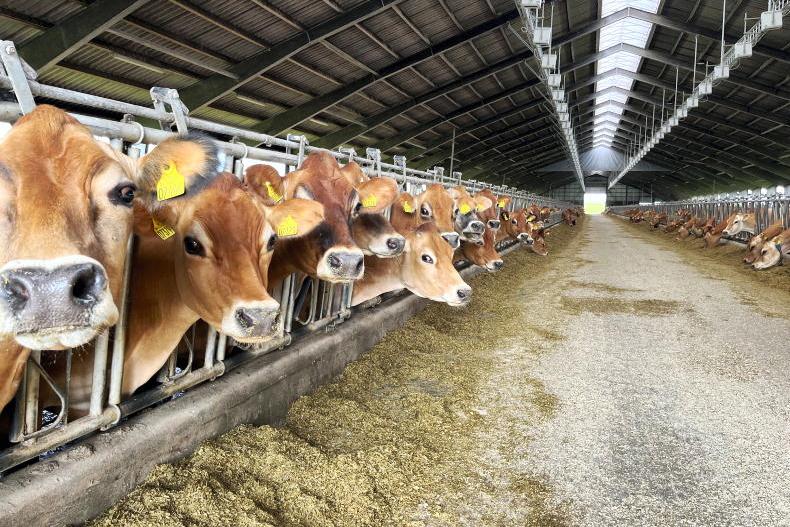A flaw at the heart of Europe’s climate strategy was illustrated in two official reports from Irish Government agencies last week.
According to the Sustainable Energy Authority of Ireland (SEAI), energy emissions fell, but only because of electricity imports from the UK, which are counted in UK emissions as emissions in electricity exports are debited to the exporter.
The Climate Change Advisory Council (CCAC) reported once again that agriculture is responsible for over a third of all Irish emissions, even though most of the sector’s output is exported. Again, emissions are debited to the exporter.
It is not feasible to reduce worldwide emissions by encouraging artificial trade in electricity nor does it make sense to discourage agricultural output in its more natural locations. Meanwhile the European Commission’s C-BAM initiative will see higher tariffs on imports from countries, including China, which are deemed to have hidden subsidies through inadequate domestic policies to discourage emissions.
EU member states are expected to keep emissions below national, country-by-country targets and the post-Brexit UK maintains similar targets. In Ireland these are attributed to individual sectors, including agriculture, and a host of national policies are mobilised, or threatened, to achieve these targets.
The ultimate concern is the level of global emissions, since the planet shares a common climate, and national or sectoral ceilings for emissions are a surrender to convenience. These national targets are a political contrivance and do not attempt to identify the path to the least-cost actions that will reduce worldwide emissions.
Global climate policy
The world does not have a single government and there are insurmountable obstacles to devising and enforcing a global climate policy. But the EU has chosen to delegate the attainment of national targets to each member-state, with financial penalties for under-achievement. These targets do not even minimise the costs of carbon reduction at the European level.
The EU is a single market and there is extensive trade in energy, including electricity, which the European Commission encourages through support for interconnectors. There is also extensive trade in goods and services which embody emissions back along the supply chain, since there are no internal tariffs or quotas, and non-tariff barriers are few.
Reflecting advantages of soil and climate, EU member states specialise in different lines of agricultural output and trade their surplus production.
There are incentives to inefficiency built into the emissions measurement system: if it makes sense to produce dairy products in a limited number of European regions, including the more southerly counties of Ireland, the EU measurement system is faulty.
The problem for the UK will solve itself in due course since the UK is tight on generating capacity and interconnector exports to Ireland will not be a permanent feature
Equally it makes no sense to lumber the UK with extra emissions when the electricity is meeting demand somewhere else as happened in the first half of 2024.
The problem for the UK will solve itself in due course since the UK is tight on generating capacity and interconnector exports to Ireland will not be a permanent feature.
But this does not apply in Irish farming. If it is truly the case that European demand can and should be met from the regions best suited to production and freely traded, olives should come from Greece and cheese from Ireland and some other parts of northern Europe.
The manner in which carbon emissions are measured has been passively accepted by the Irish Government and its agencies, but it has the potential to become a major non-tariff barrier to the efficient allocation of agricultural production across the European Union area.
An alternative to national emission quotas based on production is to address the level of demand across the EU for goods and services whose supply chains entail emissions.
Petroleum taxes
This is done for petroleum products for example – almost all EU countries have heavy taxes on petrol and diesel which reduces demand and keeps the lid on inefficient exploration and production in high-cost countries. Saudi Arabia is the best place to produce petroleum. It would make no sense to restrict Saudi output by international agreement in the knowledge that demand would be met from higher-cost sources.
It is not feasible or desirable to contemplate internal tariffs in the EU but the system of setting national emission targets based on production rather than consumption is producing bizarre results. With penalties on EU members for breaching targets, there is emerging an export tariff, within the EU, on lower-cost producers.









SHARING OPTIONS